My son’s middle name is Cash, after Johnny Cash. I’m a big fan of the voice, the boom-chicka-boom guitar style, but mostly of the storytelling. Johnny Cash had a stranglehold on character, tone, setting, and plot, but I mostly enjoyed his innate sense of irony in songs like “A Boy Named Sue,” “Delia’s Gone,” and “One Piece at a Time.”
Earlier this year, my mother- and father-in-law got me tickets to see Johnny Cash—the Official Concert Experience. A live band, including the first and only female guitarist to play with Johnny Cash, performed in between never-before-seen clips of Johnny and June Carter Cash that projected on a screen over the stage. Incredible music, great stories, and so many senior citizens in attendance that I was surprised morticians weren’t handing out business cards. The place smelled like moth balls and Icy Hot.
As we took our seats and waited for the show to start, a bald man did the same three rows ahead of us. And he had one ear.
You heard/read that right.
One ear.

Where his ear was supposed to be, it was just smooth, as if the original ear was buffed away with a piece of 40-grit sandpaper. The unfairness of his situation struck me immediately. He probably paid full price for his ticket, even though he had just the one ear. I mean, it seemed like a verse from an unreleased Johnny Cash tune:
With just one ear, in a sea of sound, A silent story, so profound. To him, half the world might disappear, Yet he listens close, with his one good ear.
Those moments of irony resonate with me. Sure, because they’re darkly funny but also because those are the moments that somehow feel more real, probably because they’re flawed and imperfect and in their not-so-subtle way, they tell us what we can do with our certainty and our expectations.
In film school, I wrote a short script that was an exploration of cosmic irony. The gist of the story was this: A husband with a heart condition who treats his wife with cruelty and abuse waits for the lotto numbers to be called on the television. One by one, his numbers come up. He holds a ticket worth millions. The excitement triggers a heart attack. As he’s going into cardiac arrest, he commands the wife to get his pills. She does, and as she starts to open them, she notices the winning lottery ticket. She holds the pills in one hand and the lottery ticket in the other. As her abusive husband fades to black, she takes a seat on the couch and imagines the rest of her life.
The script was just one part of the exercise. I also had to shoot and edit it. Naturally, I cast my in-laws. In the in-laws department, I have few complaints, really only one—my mother-in-law (who I call Molo) makes me take family pictures, which has a psychological impact on me known as post-traumatic stress disorder. Other than that extreme character flaw, Molo is generous, kind, thoughtful, and among the most supportive people I’ve ever met. Like my father-in-law, Pops, she didn’t flinch when her daughter decided to marry an aspiring two-bit dreamer, which you may have already read about.
Molo is also well put together—she maintains catalogue-caliber elegance. I’ve seen her hair out of sorts just twice: once when we caught the waterfall on the Jurassic Park ride at Universal Studios (no picture-taking the rest of that day—huzzah!); and the other when my brother-in-law and I literally chased her down and threw her into the warm bosom of the Pacific.
So casting my in-laws in such a dark, twisted plot added an extra layer of irony. It would be like casting Julie Andrews and Dick Van Dyke as the leads in Natural Born Killers. Molo would hear the first half of that reference and start singing “Supercalifragilisticexpialidocious.”
She would hear the second half of that reference and hit me with her teacher stare, the stern look of disappointment that she’d mastered during decades of teaching second grade.
Still, she knew I needed the help to complete my assignment. She didn’t waver or flinch. She accepted the role and readied herself for her closeup. If you’ve never tried to make a movie, know that it’s harder than you think. The worst piece-of-shit movie you’ve ever seen is a heaven-sent miracle. So much has to go right just to get it done, never mind getting it done well. And Molo really stepped up to help me get it done.
One shot in particular was tough. The wife character’s realization that she could keep the millions if she let her husband die was a dramatic tonal shift, and we were struggling to get it right. To be clear, it was my fault that we struggled, not Molo’s. My direction lacked precision and clarity, and as I brainstormed another approach, something stopped me—
“Oh, god!” I said. “What the hell is that?”
A smell, an odor, an airborne toxic event, some of the stalest wind that’s ever been blown through southern California…
Everyone on my film set raised their sleeves to their faces to create a makeshift respirator. Eyes darted back and forth, searching for the culprit.
Finally, Molo blurted, “I was nervous!”
We fell down laughing.
The room cleared, we took five, and returned to finish shooting the scene. This story has become seminal in my heart as it relates to Molo. Yes, she’s lovely and elegant and kind, so much so that she’ll endure anxiety and discomfort for her filmmaking son-in-law. On that note, even her farts are an expression of generosity and support, a reminder that it's often the unexpected and the ironic that truly defines our humanity.
This brings me to a nerve-wracking albeit exciting announcement of my own. Next week marks the Amazon debut of a novella I’ve just completed called Dig.
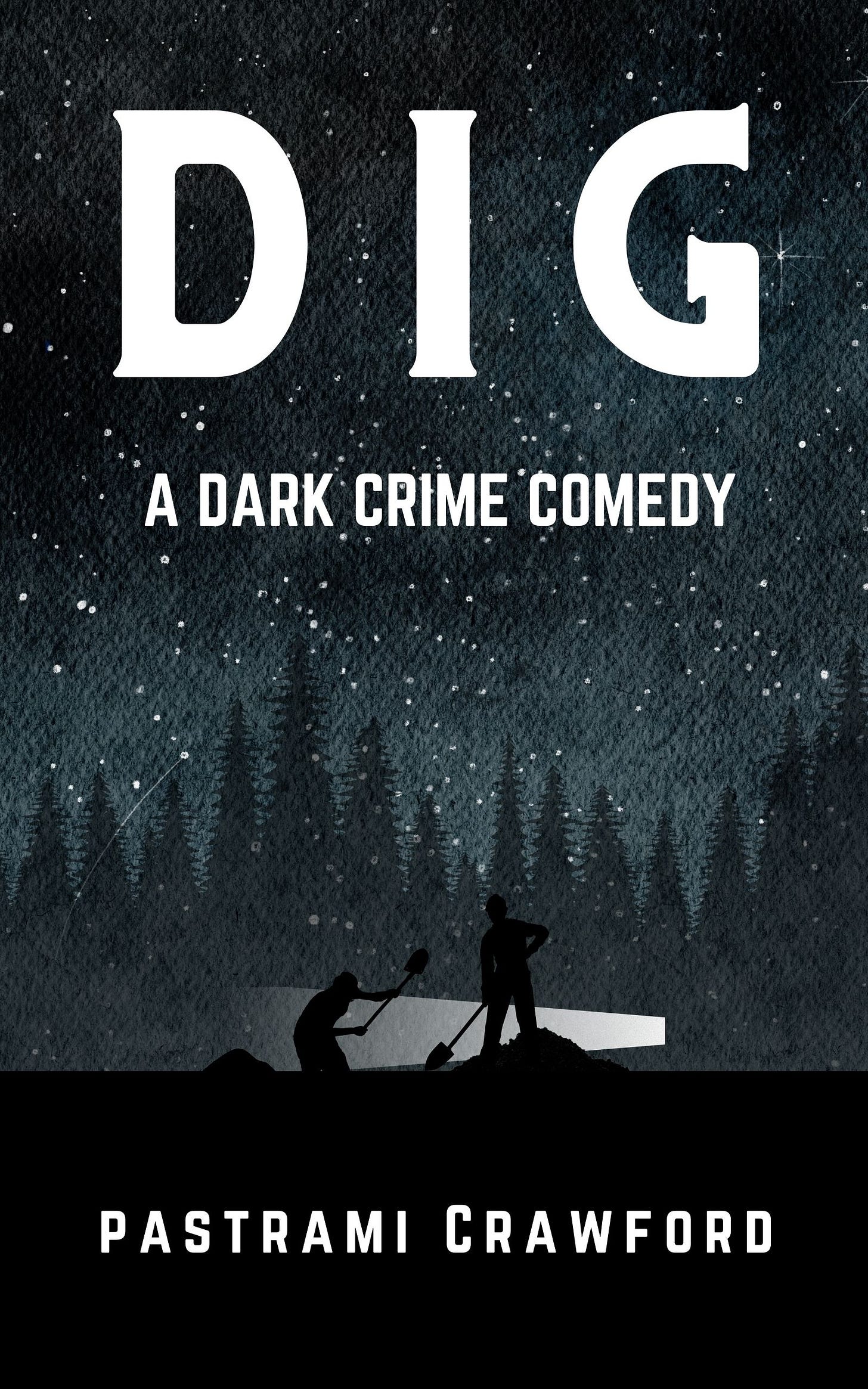
It’s also chock-full of tension, dark humor, and irony, though it’s decidedly light on farts. The ebook and paperback will be available first, followed by an audiobook version for those who, like the man with one ear, prefer to listen closely with what they have. More to come. I’ll be in touch. Thanks for reading.






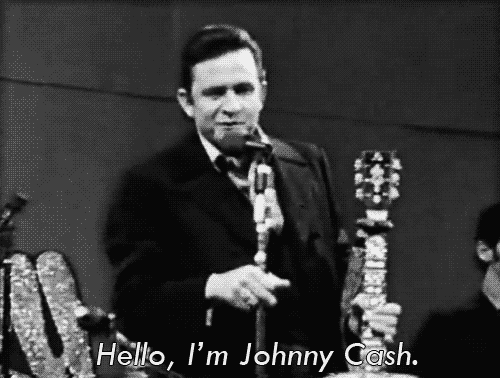
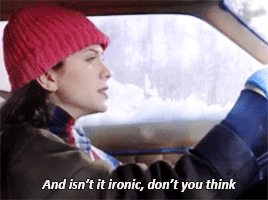

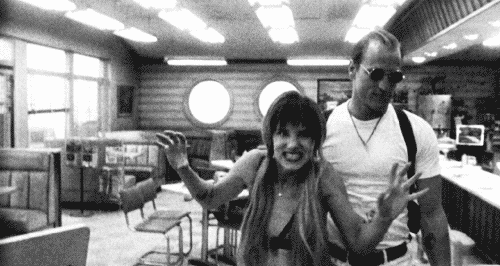
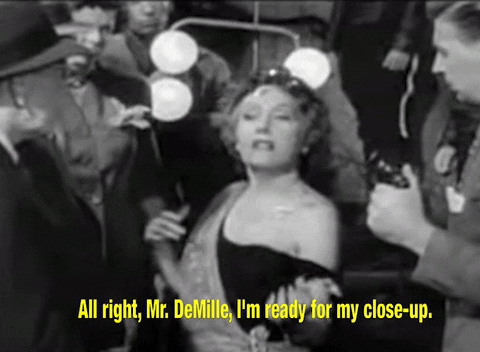
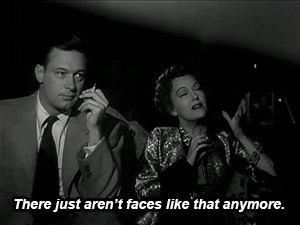
In my ninth decade I’m just happy for dry farts.
The unexpected for me, now entering my seventh decade of life, is just the icing on a large, delicious cake.